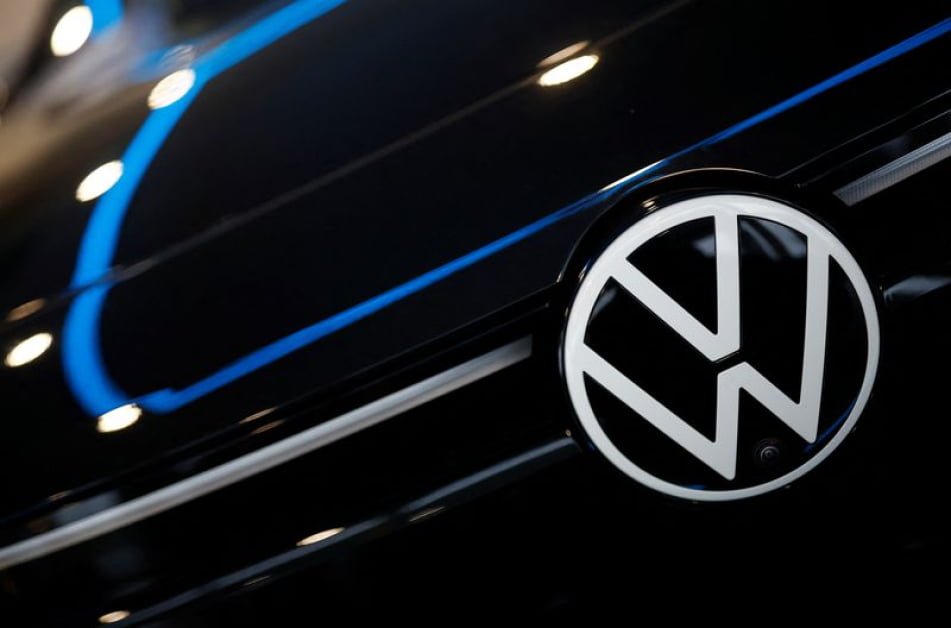German automaker Volkswagen has made a groundbreaking move by investing a remarkable $5 billion in Rivian, a prominent electric truck and SUV manufacturer. This partnership marks a significant shift towards electric vehicles and has already resulted in a surge in Rivian’s shares. With Volkswagen’s support, Rivian is well-positioned to establish itself as a key player in the rapidly expanding EV market. Let’s explore the implications of this collaboration on the future of sustainable transportation.
Investment Details and Impact on Rivian:
Volkswagen’s investment in Rivian amounts to $5 billion, showcasing a joint effort to enhance EV development and technology. This strategic move has propelled Rivian’s market value by nearly $6 billion, underlining the market’s positive response to the partnership. Rivian’s CEO, RJ Scaringe, has highlighted the importance of this funding in enabling the production of cost-effective R2 SUVs and upcoming R3 crossovers. By leveraging economies of scale through partnership deals, Rivian aims to reduce operational costs and ensure a steady cash flow. This collaboration also involves licensing intellectual property to the joint venture, with Volkswagen’s various brands adopting Rivian’s technology for future electric vehicle models.
Volkswagen’s Motivation and Benefits:
For Volkswagen, this investment signifies a resolve to address its technological challenges, particularly within its Cariad division. The company’s previous struggles with meeting software demands led to the exit of former CEO Herbert Diess. By partnering with Rivian, Volkswagen aims to tap into the innovative EV technology and strengthen its market presence in Europe and Asia. The investment structure includes direct funding, stock conversion, milestone-based investments, and a significant loan, indicating Volkswagen’s commitment to long-term collaboration with Rivian.
Financial Stability and Growth Strategies:
Despite facing losses per vehicle delivery, Rivian has managed to navigate the competitive EV landscape more effectively than many startups. By implementing cost-cutting measures, renegotiating contracts, and streamlining production processes, Rivian has demonstrated resilience in managing its financial resources. The recent infusion of capital from Volkswagen has extended Rivian’s runway for launching new models and sustaining its operations. While the stock performance has faced fluctuations, the partnership with Volkswagen offers strategic advantages for both companies in the evolving EV market.
Future Outlook and Expansion Plans:
Volkswagen’s focus on expanding its EV lineup in North America aligns with its long-term vision of introducing 25 EV models across its group brands by 2030. The collaboration with Rivian opens up opportunities for Volkswagen to diversify its offerings and compete in the SUV and pickup segments, where it has previously faced challenges. By incorporating Rivian’s technology into its off-road EV brand Scout, Volkswagen aims to strengthen its position in the market and accelerate the production of electric pickups and SUVs. The partnership also underscores Volkswagen’s commitment to enhancing its software capabilities through Cariad and launching new EV models in the coming years.
the strategic alliance between Volkswagen and Rivian represents a significant milestone in the electric vehicle industry, with far-reaching implications for sustainable transportation. As both companies leverage their strengths and resources, the collaboration is poised to drive innovation, market growth, and technological advancement in the EV sector. Stay tuned for further developments as Volkswagen and Rivian chart a new course towards a greener automotive future.


